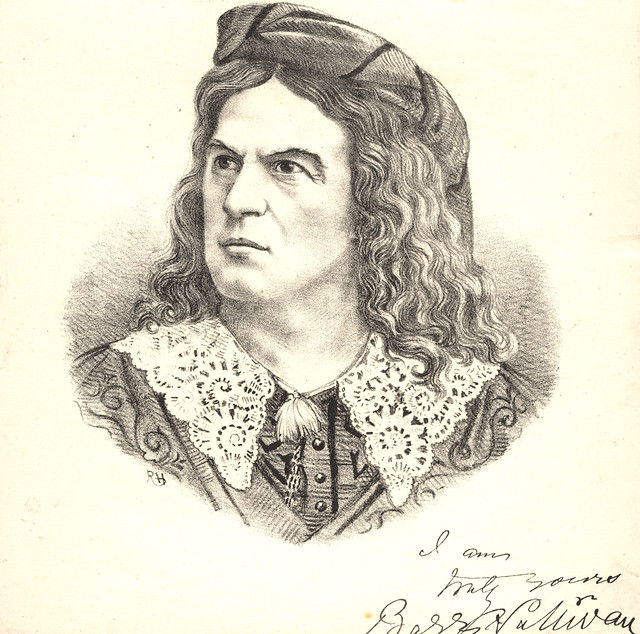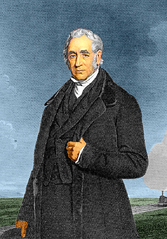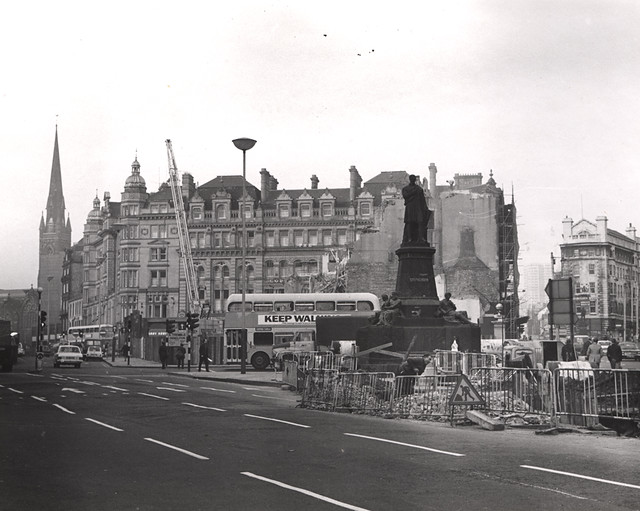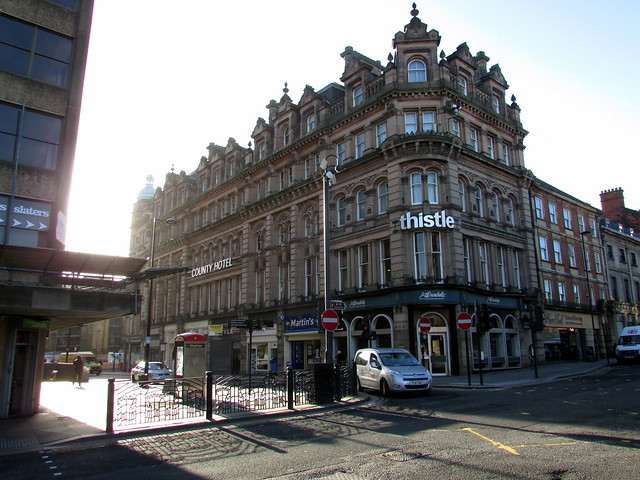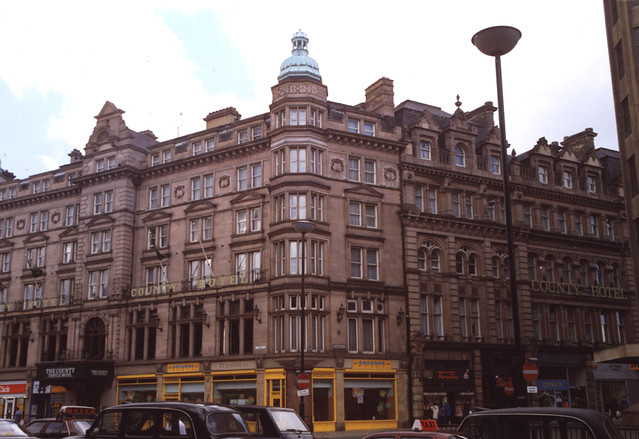Topics > People in History > George Stephenson (1781 - 1848) > Extracts from Biography of George and Robert Stephenson > First Jobs - George Stephenson
First Jobs - George Stephenson
Extract from: The Life of George Stephenson and of his son Robert Stephenson, by Samuel Smiles, 1881.
George's first regular employment was of a very humble sort. A widow, named Grace Ainslie, then occupied the neighbouring farm-house of Dewley. She kept a number of cows, and had the privilege of grazing them along the wagon-ways. She needed a boy to herd the cows, to keep them out of the way of the wagons, and prevent their straying or trespassing on the neighbours' "liberties;" the boy's duty was also to bar the gates at night after all the wagons had passed. George petitioned for this post, and, to his great joy, he was appointed, at the wage of twopence a day.
It was light employment, and he had plenty of spare time on his hands, which he spent in bird-nesting, making whistles out of reeds and scrannel straws, and erecting Liliputian mills in the little water-streams that ran into the Dewley bog. But his favourite amusement at this early age was erecting clay engines in conjunction with his playmate, Bill Thirlwall. The place is still pointed out where the future engineers made their first essays in modelling. The boys found the clay for their engines in the adjoining bog, and the hemlocks which grew about supplied them with imaginary steam-pipes. They even proceeded to make a miniature winding-machine in connection with their engine, and the apparatus was erected upon a bench in front of the Thirlwalls' cottage. Their corves were made out of hollowed corks; their ropes were supplied by twine; and a few bits of wood gleaned from the refuse of the carpenters' shop completed their materials. With this apparatus the boys made a show of sending the corves down the pit and drawing them up again, much to the marvel of the pitmen. But some mischievous person about the place seized the opportunity early one morning of smashing the fragile machinery, greatly to the grief of the young engineers. We may mention, in passing, that George's companion afterward became a workman of repute, and creditably held the office of engineer at Shilbottle, near Alnwick, for a period of nearly thirty years.
As Stephenson grew older and abler to work, he was set to lead the horses when ploughing, though scarce big enough to stride across the furrows; and he used afterward to say that he rode to his work in the mornings at an hour when most other children of his age were asleep in their beds. He was also employed to hoe turnips, and do similar farm-work, for which he was paid the advanced wage of fourpence a day. But his highest ambition was to be taken on at the colliery where his father worked; and he shortly joined his elder brother James there as a "corf-bitter," or "picker," to clear the coal of stones, bats, and dross. His wages were then advanced to sixpence a day, and afterward to eightpence when he was sent to drive the gin-horse.
Trip to Newcastle < Smiley, 1881 > Work at Black Callerton Colliery

